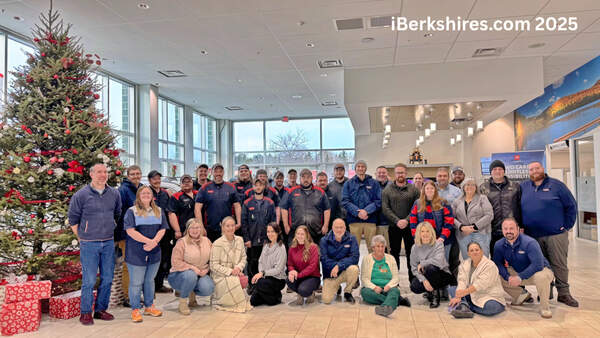MONTPELIER, Vt. — Vermont's turtles are on the move, and the Vermont Fish and Wildlife Department is asking for the public's help in keeping them safe.
Female turtles will soon be looking for places to deposit their eggs, and they sometimes choose inconvenient or dangerous locations. For example, turtles often lay eggs in gravel parking lots and driveways and along road shoulders, which puts them at risk of being hit by motor vehicles.
"Turtles commonly cross roads as they move to nesting sites and summer foraging habitats," said Luke Groff, biologist for the Vermont Fish and Wildlife Department. "Many turtles killed on roads are nesting females, so not only is the female taken from the population but so are her future progeny. Turtles grow slowly and females may not reproduce until 10 or even 15 years old. So, for some species, the loss of mature breeding females may have population-level effects."
Turtle nesting activity peaks between late May and early June, and drivers are urged to keep an eye out for turtles on the road – especially when driving near ponds and wetlands.
"Turtles are usually slow to move, so they have a tough time safely crossing roads. If you spot a turtle on the road, please consider helping it across but be sure you're in a safe spot to pull over and get out of your car. Human safety comes first," said Groff. "If you're going to move a turtle off the road, always move it in the direction it was traveling. They know where they're going."
Most turtles can be picked up and carried across the road. However, snapping turtles have long necks and a powerful bite, so people should be alert and know what the species looks like. If the turtle is large or if it lacks colorful lines, spots, or other markings, then it may be a snapper. Instead of picking up snappers, try pushing them across the road with a shovel or pulling them across the road on cardboard or a car floor mat.
| If you would like to contribute information on this article, contact us at info@iberkshires.com. |















